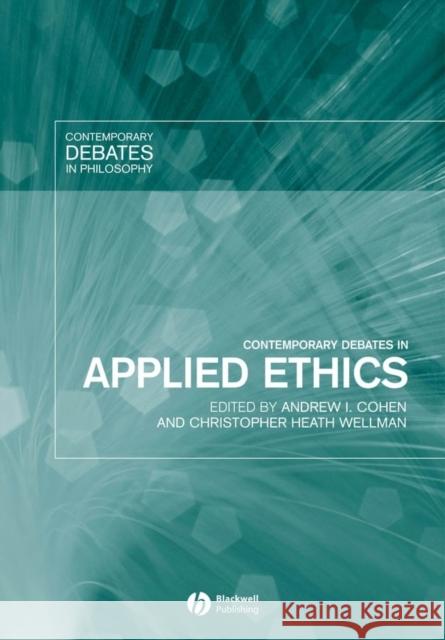Contemporary Debates in Applied Ethics » książka
topmenu
Contemporary Debates in Applied Ethics
ISBN-13: 9781405115476 / Angielski / Twarda / 2005 / 384 str.
Contemporary Debates in Applied Ethics features pairs of newly commissioned essays by some of the leading theorists working in the field today.
- Brings together fresh debates on eleven of the most controversial issues in applied ethics
- Topics addressed include abortion, affirmative action, animals, capital punishment, cloning, euthanasia, immigration, pornography, privacy in civil society, values in nature, and world hunger.
- Lively debate format sharply defines the issues, and paves the way for further discussion.
- Will serve as an accessible introduction to the major topics in applied ethics, whilst also capturing the imagination of professional philosophers.











